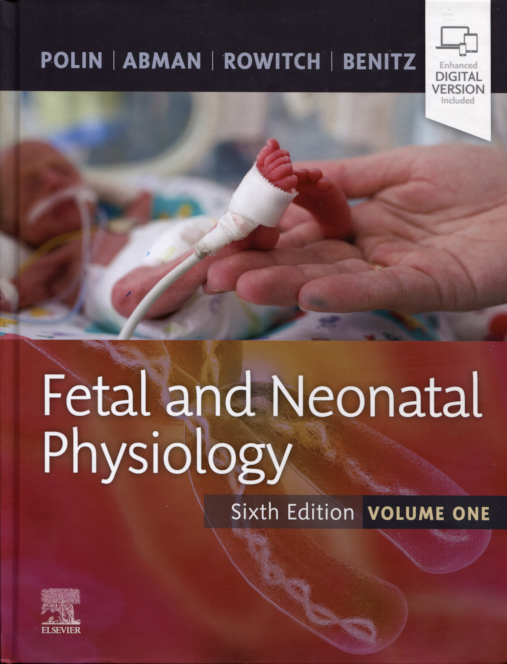
We were graced today by a clinical grand rounds talk from Philippe Backeljauw, MD. Dr. Backeljauw is Professor at the University of Cincinnati Department of Pediatrics. He is also Director of their Pediatric Endocrine Fellowship Program and Director of the Cincinnati Center for Pediatric and Adult Turner Syndrome Care. He spoke at our Pediatric Grand Rounds. Dr. Backeljauw is an internationally recognized expert in the clinical care of patients with growth disorders and patients with Turner syndrome. He received his MD from the University of Ghent in Belgium, completed pediatric residency at Cleveland Clinic, and pediatric endocrinology fellowship at the University of North Carolina. He has published over 100 peer-reviewed manuscripts. Recently, he was instrumental in devising clinical practice guidelines related to Turner Syndrome via the International Turner Syndrome Consensus Group. Dr. Backeljauw spoke today on the “Clinical Management of Turner Syndrome”.










